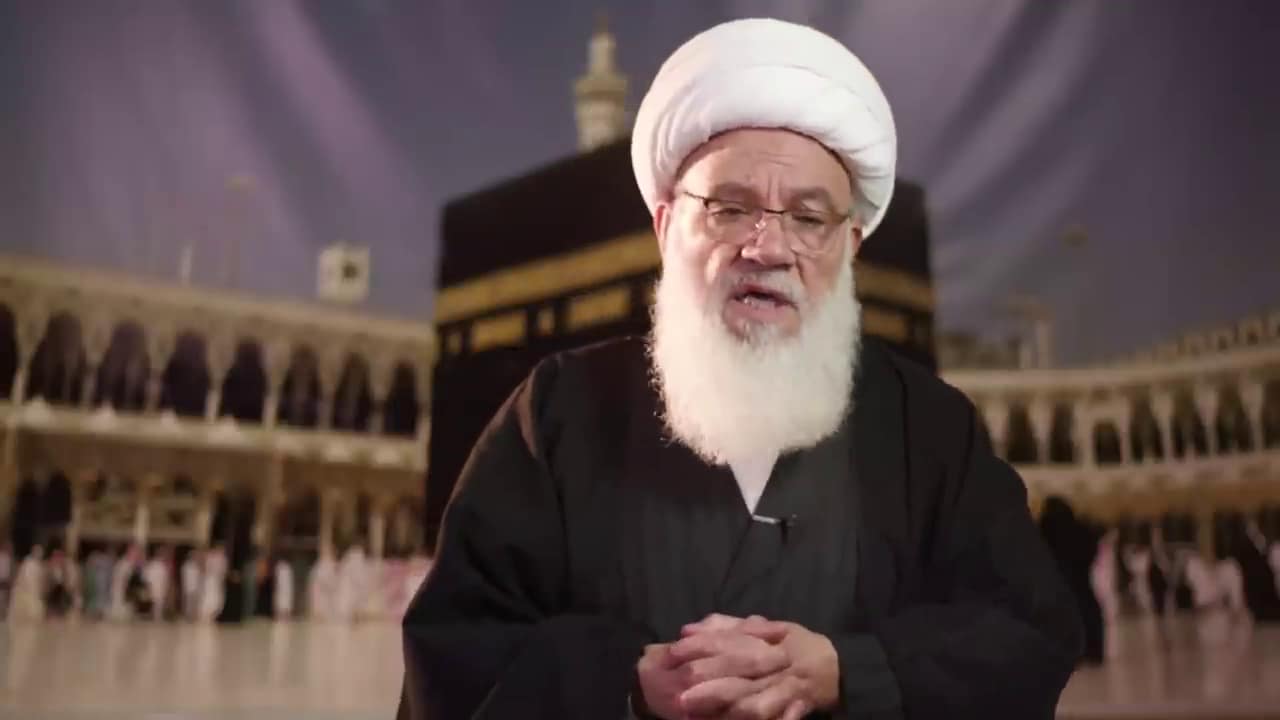
Following are excerpts from an interview with Sheik Kazem Al-'Unizan, head of the Arab Tribes Council in southern Iraq, which aired on ANB TV on November 10, 2008:
Sheik Kazem Al-'Unizan: The Iranians have a plan, and today it extends to Somalia, to the straits of Bab Al-Mandab, to Yemen, Saudi Arabia, the UAE, Qatar, Kuwait, Bahrain, Oman, and even to the kingdom of Jordan – they consider Jordan to be a great enemy. In Lebanon today, national unity is being torn to pieces, and the reason for that is Iranian intelligence. I am not talking about Iranian religious authorities or politicians. I'm talking about Iranian intelligence agencies and the ill-omened Al-Quds Corps, which want to destroy Arab unity. Until now, the Arabs have been incapable of dealing with this attack, because Iran has great capabilities, which it has used in its Safavid plan [The Safavid dynasty ruled Iran between 1501 and 1722, and declared the Twelver Shi'a as the religion of the state]. Iran has extended... In Africa... I am a Shiite – a sheik of a Shiite tribe. In the past, there was not a single Shiite in Africa. Now, there are two million Shiites in Senegal alone, in Somalia – half a million Shiites, in Sudan – two million Shiites, in Egypt – two million Shiites.
[...]
The [Sunni-Shiite] strife was fueled by the American occupation, and was carried out by the Iranian occupation. As for the tombs [sacred to Shiites] – the Sunnis in Iraq have always been faithful servants of Imams Hassan Al-Askari and Ali Al-Hadi. How could any Iraqi, whether Shiite or Sunni, believe that the Sunnis of Samarra destroyed these tombs? These tombs were destroyed by mercenaries of the evil neighbor – Iran. Even the assassination of the great Shiite religious authority, the martyr Muhammad Baqer Al-Hakim... He was one of their own, but because he did not implement Iran's agenda, they sent someone to kill him. When this man entered Iraq, he spoke at the main square – and I was present there myself – and he said: "May Allah forgive the past. The Ba'thists are our sons. We forgive Ba'thists who did wrong. We are willing to accept whoever wants to join us." The [Iranians] said to him: "We did not appoint you so you could say that the Ba'thists are our sons. We appointed you so you'd kill the officers of the Iraqi army, the commanders of the air force, and all the tribal leaders and other personalities." The man was assassinated by an Iranian conspiracy.
[...]
I asked the head of the [Somali] Islamic Courts Union, whom I met in Libya: "Who supports you?" I expected him to tell me it was Saudi Arabia, but he said: "No, my brother. Iran supports us, via Hizbullah." In this case, Iran supports the leader of a Salafi movement in the Horn of Africa. What interest does Iran have in supporting Sunni Salafism? This means Iran has a plan. What interest does Iran have in supporting Hamas and the Islamic Jihad? These are Sunni organizations. Iran's agenda is to carry out its great national plan, and it harbors deep hatred towards Arab Shiites who follow Imam Al-Sadeq. I have a simple way of proving it. When the Iranian pilgrims come to Karbala... I came here from Iraq only five days ago... Iranian pilgrims visit the graves of Hussein and his brother Al-Abbas in holy Karbala. It would have been more fitting for these pilgrims to visit the tomb of the father of Hussein and Al-Abbas – Ali bin Abu Talib, in Najaf. They spend ten days in Karbala, and only half an hour in Najaf. Why do they go to Karbala? Because Hussien's wife was Persian, not because they love Hussein.
[...]
The Iranians are not the kind of Shiites you are used to. They are not like the Shiites of Iraq. The Shiites of Iraq follow the right path, they follow Ali bin Abu Talib they follow Hussein, they are Arabs, they are like the companions of the Prophet, they are the brothers of the Sunnis, and follow the Sunna of the Prophet of Allah.












